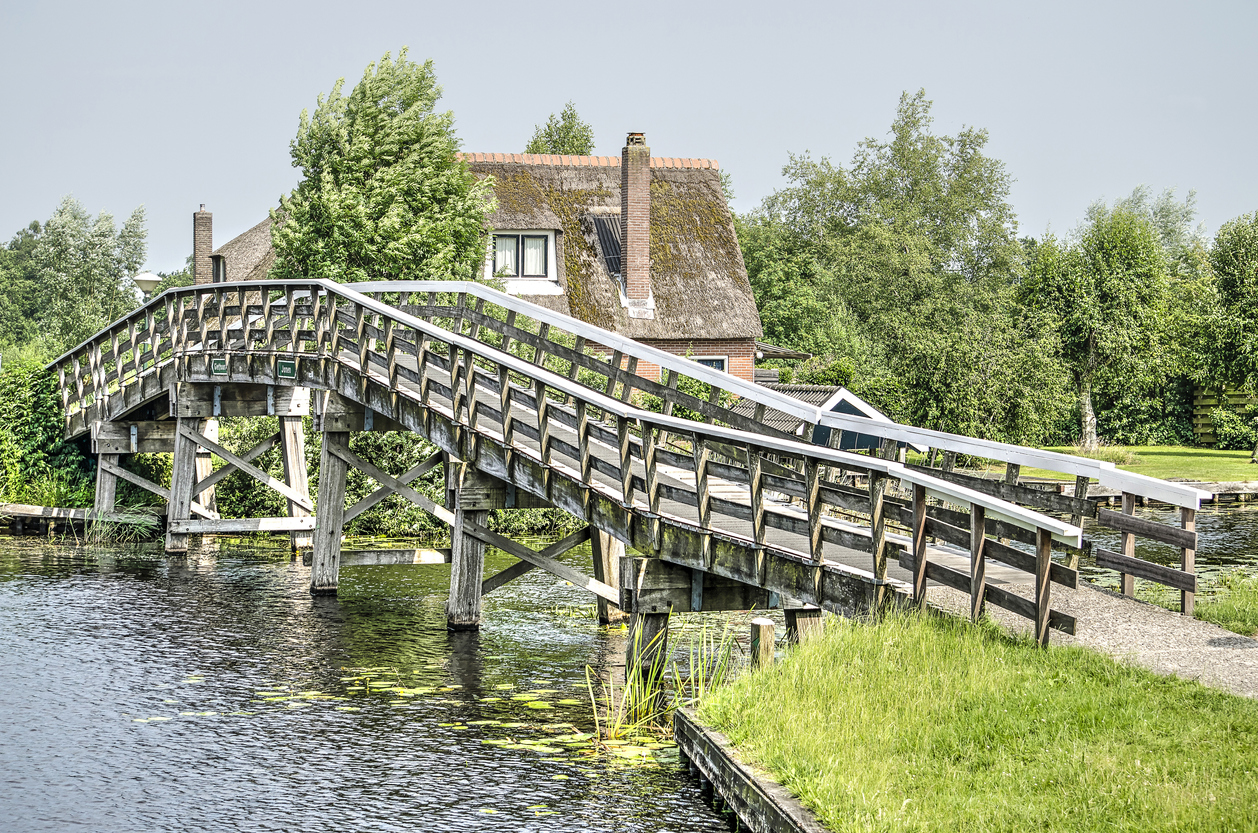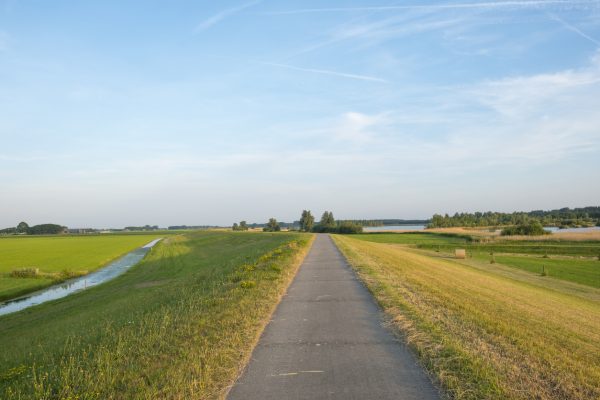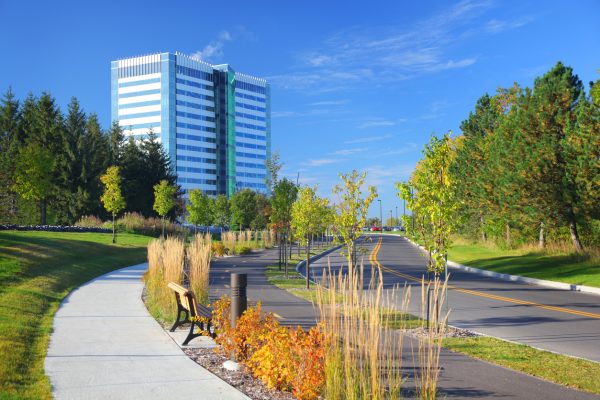They Have Started Building 62 Miles of Bicycle Super Highway

“Green” is the word on everyone’s lips these days, from everyday citizens to top ranking government officials. Politicians who don’t espouse environmentally friendly policies run the risk of being voted out by a climate-conscious public come election time.
And so some countries are putting their money where their policies are, and investing in infrastructure that promotes a healthy lifestyle and spares the environment further stress and pollution.
Germany is proving to be a leader in environmentally friendly policies, at least in the transportation sector. Five years ago opened a bicycle highway that connects three major cities, so people can now forgo their vehicles and take to the road in a healthier fashion.

The idea for the highway crystallized in the mind of planner Martin Tonnes about 10 years ago, when he rode his bike between Essen and Dortmund during a cultural festival for which the roads had been turned over to cyclists, walkers, and roller skaters.
It was such a hugely popular event that Tonnes knew then that one day his vision of a 62-mile long highway, connecting 10 cities all over Germany, would be a hit with the public and get political support.

“…that was when I started thinking about a highway for bikes,” he told the Guardian in 2015. “When I saw this mass of people cycling down the motorways, we understood there was a real demand.”
He was right on both counts, and the first three miles of that vision were completed and opened in 2015, to cyclists of all capabilities.
It meets all the usual criteria of highways, in that it has overpasses, underpasses, and even street lights and traffic lights. There is even a passing lane so that experienced bikers can race their way past the less experienced.
What it doesn’t have — to the delight of all cyclists — are dangerous, fast cars and buses emitting choking fumes. It is, in the German vernacular, a “bicycle autobahn.”
During that initial adventure in 2010 that sparked his idea, Tonnes told the Guardian, “there were so many people (on the road) that for the first time in my life I experienced a bicycle traffic jam!”

From there sprang his idea, and his sureness that folks would embrace his notion of commuting by bike, which will ultimately see 50,000 cars taken off the road, as people turn to the healthier, more environmentally friendly bike as their primary mode of transportation.
If his projection proves correct, that 50,000 fewer cars will be on the roads, it will cause a reduction of approximately 16,000 tons of C02 emissions in the air each year.
Ultimately, Tonnes said, the bike highway, or “Radschnellweg,” in German, will connect 10 cities between Duisburg and Hamm.
But Germany covers a lot of territory — approximately 222,000 square miles, which is roughly the size of Arizona and Nevada combined. Getting a bike highway right across the country will prove to be a challenge, even for someone as enthusiastic as Tonnes.
But he is not at all concerned about it; he is certain the German people want a cleaner, safer way to commute and travel for their day to day excursions.
“I am not at all concerned about demand for it,” he told the Guardian. “The bicycle highway will persuade people to start commuting by bike.”
Germany is not the only European country to have dedicated roads for bicycles; the Netherlands is building a network of 20 bikeways, as they call them, while Denmark is focusing its efforts on bike roads in Copenhagen.
Electric bikes are gaining enormously popularity all over Europe, and they make hopping on and riding to work, or even going to the nearby grocery store, an easy, inexpensive, environmentally friendly alternative to owning a vehicle.
Nigel The Parrot, Missing for 4 Years Returns Speaking Spanish
Perhaps more cities, even in countries as geographically massive as Canada or America, will soon follow Germany’s lead and invest in the necessary infrastructure to make owning a bike practical for everyone.
